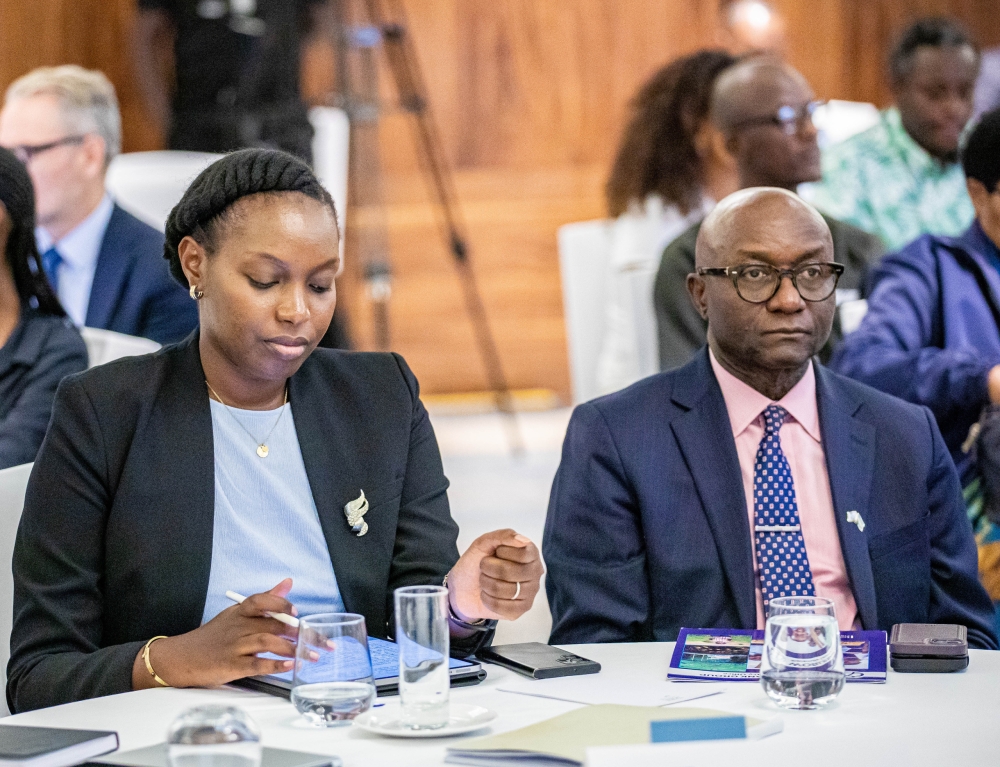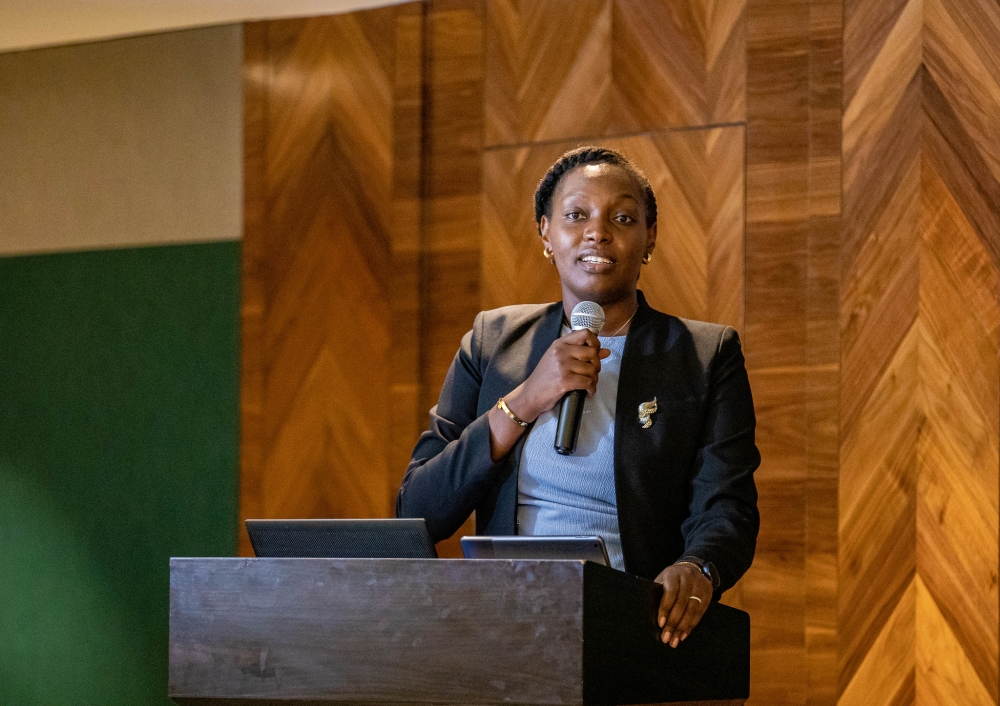

Rwanda needs a comprehensive approach to address the current mismatch in educational output and labour market requirements, mainly by enhancing skills development relevant on the market, experts have said.
Despite significant progress, Rwanda’s skill levels remain insufficient to meet its development ambitions.
According to the 2021 employment survey conducted by Rwanda Polytechnic (RP), the top employing sectors in Rwanda are tourism and hospitality, technical services, and construction and building services.
It highlights that graduates in fields like information technology, electronics and telecommunications, electrical technology, and construction technology achieved the best employment outcomes, while those with qualifications in agriculture, food processing, crop production, and culinary arts fared the worst.
ALSO READ: World Bank approves $200mn for skills development in Rwanda
The World Bank’s Rwanda Economic Update titled ‘Accelerating Skills Development to Foster Private Sector Growth in Rwanda’ launched on September 17, indicate that significant efforts are required to improve job matching, increase public investment in education, particularly in Technical and Vocational Education and Training (TVET) and higher education, to ensure better alignment between education and the labour market.
Claudette Irere, State Minister for Education, acknowledged the gap, saying that while the country has focused on basic education for the past 30 years, the second National Strategy for Transformation (NST2) will galvanise efforts to improve quality education in higher learning institutions.


"We are in the process of reviewing the higher education sector to ensure that it meets the evolving demands both local and global,” she said, noting that it is feasible and attainable in the short-term.
On changing the TVET landscape, Irere said they are leveraging TVET flexibility as a way to acquire relevant and additional skills depending on the demand, as well as using technology at the system and delivery levels.
"We know that the basis from which we operate has to undergo an overhaul as the pipeline of skills we create today will play a significant role in the attainment of the vision 2035 and 2050.”
Sahr Kpundeh, World Bank Country Manager, noted that skill development and high levels of unemployment in Rwanda are as much a demand-side problem as they are a result of supply-side factors.
"Labour demand from the private sector remains weak, and there are not enough high-quality jobs being created in the country. Therefore, any sustainable solution to address the skill gap and unemployment must include interventions that stimulate private sector growth to create future jobs, while also skilling the youth across the low, medium, and high skills spectrum.”
The report recommends that Institutional mechanisms for identification of skills gaps and market opportunities need to be strengthened, while the quality of technical and vocational education has to be improved.
"Access to scholarships and financial aid should be eased, and ties between academia and employers intensified. Additionally, the government should focus more on sector-specific skills development and enhance digital literacy to ensure an educated, skilled workforce that aligns with Rwanda’s economic transformation goals,” it states.
Any sustainable solution that seeks to address unemployment and labour productivity requires simultaneous interventions to enable private sector growth to create jobs for the future and skill the youth across the low, medium, and high skills spectrum, it adds.


